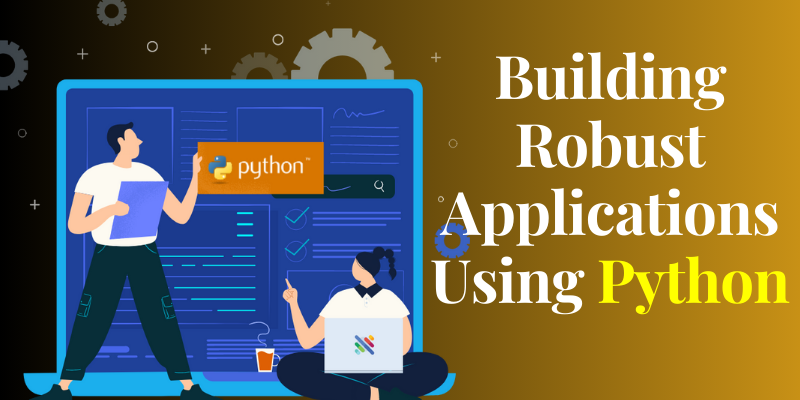
In today’s digital era, web applications have become integral to our daily lives. From e-commerce platforms to social networking sites, web applications are powerful tools for businesses and individuals. With its simplicity, versatility, and robust ecosystem, Python has emerged as a popular choice for building web applications. If you’re looking to master the art of building web applications with Python, consider enrolling in Python Training In Bangalore. In this blog post, we will explore some Best Practices for Building Robust Applications Using Python and delve into the advantages it offers.
Tips for Building web Application Using Python:
- Python’s Web Frameworks:
Python includes several web frameworks that ease and accelerate the building of online applications. Popular frameworks like Flask and Django offer a solid foundation for developing powerful and scalable web applications. These frameworks provide necessary features such as routing, request processing, and template rendering, allowing developers to concentrate on the core functionality of their applications. Python’s frameworks facilitate structured web development by ensuring code organization and increasing productivity.
- Simplicity and Readability:
Python’s main benefits are its ease of use and readability. Python’s concise and expressive syntax makes understanding and maintaining web application code easier. Python allows developers to produce clear and intuitive code, decreasing errors and increasing the efficiency of the development process. Python’s simplicity also makes it an excellent choice for beginners, allowing them to learn the basics of web application development quickly.
- Rich Ecosystem of Libraries and Packages:
Python has a rich library and package ecosystem that offers ready-made solutions for various web application development requirements. Libraries like SQLAlchemy offer an Object-Relational Mapping (ORM) layer, simplifying database operations. Packages such as Flask-WTF and Django Forms provide convenient ways to handle form validation and user input. By enrolling in a Python Course In Marathahalli, you can learn how to use SQLAlchemy effectively, allowing you to work with databases seamlessly in your web applications.
- Compatibility with Front-End Technologies:
Python works well with popular front-end technologies such as HTML, CSS, and JavaScript, allowing developers to create interactive and visually appealing web interfaces. Python’s web frameworks provide templating engines for integrating dynamic material with static web pages. Furthermore, Python frameworks enable RESTful APIs, allowing for simple communication between the front and back-end of online applications.
Python provides several benefits, including the availability of powerful web frameworks, the language’s simplicity and readability, a large ecosystem of libraries, interoperability with front-end technologies, flexibility, and a supportive community. Python’s versatility makes it a powerful tool for creating a wide range of web applications, from simple prototypes to complex enterprise-level systems. By enrolling in the Best Training Institute In Marathahalli, you can gain the necessary skills, practical knowledge, and industry-relevant expertise to build efficient and feature-rich web applications.
Also, check Python Interview Questions and Answers